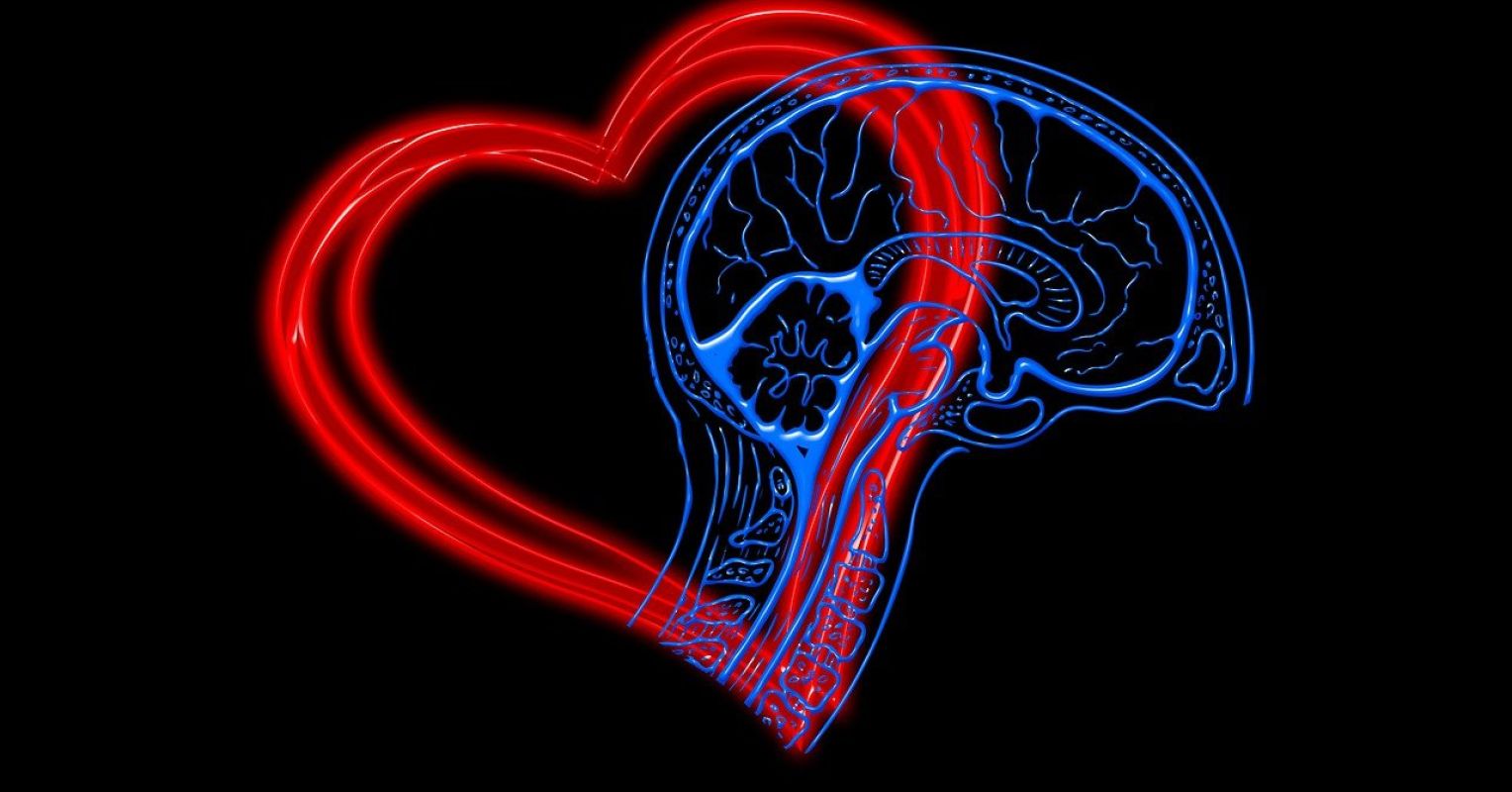
"Neurodivergent people have unique strengths and weaknesses, which are unfortunately sometimes interpreted as impacting EQ negatively; however, this deserves re-examination. As psychologist and author Dr. Temple Grandin, who herself has autism, states, "I am different, not less." In an effort to decrease bias against individuals who are neurodivergent, we can examine the four primary domains of EQ and consider adjustments that are more compassionate in relation to some of the neurodivergent characteristics."
"Being self-aware means having the ability to understand ourselves and our inner world. Although some neurodivergent individuals may not have a fully developed way of describing emotions, their interoception (sensing and interpreting signals from within the body) and neuroception (detecting and interpreting cues from the external environment) are often highly sensitive and attuned. They may know when a situation feels uncomfortable or when they are overloaded, and they can then often take action much more expediently than neurotypicals."
Emotional intelligence frameworks benefit from thoughtful adaptations that accommodate neurodivergent strengths and differences. Neurodivergent people have unique strengths and weaknesses, and increased sensory awareness and neuroception can enable earlier recognition of discomfort or sensory overload. Metaphors for the four domains of EQ remain useful but require slight modification to include the neurodivergent experience accurately. Self-awareness often presents through acute interoception or neuroception rather than conventional emotion labeling. Allowing multiple, flexible ways to demonstrate emotional intelligence reduces bias and acknowledges varied expressions of regulation, empathy, and social understanding while promoting more compassionate assessment.
Read at Psychology Today
Unable to calculate read time
Collection
[
|
...
]